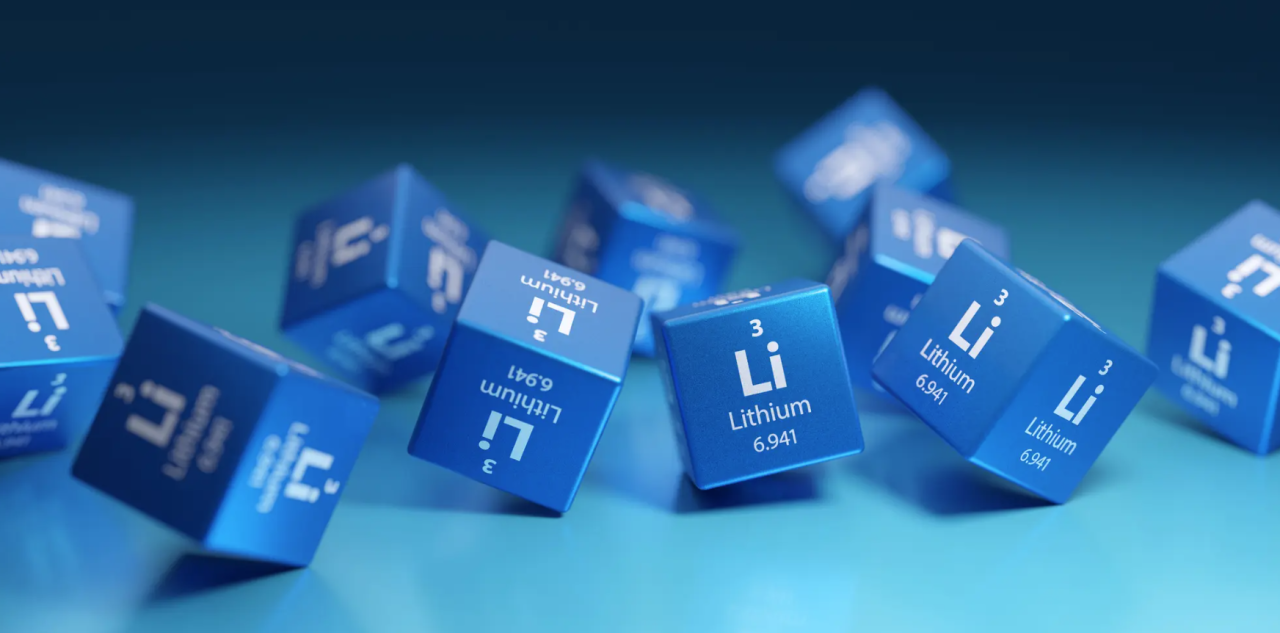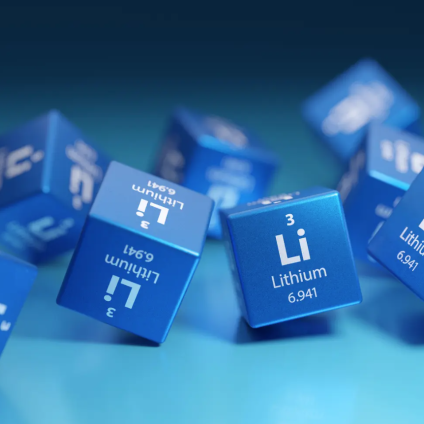Developed a new system to grow dense layers of metallic lithium that prevents the formation of dendrites and makes the charging phase faster
Fast charging metal lithium batteries that don’t fear dendrites
On paper, lithium metal is the ideal anodic material for lithium-based rechargeable batteries. It offers the highest possible gravimetric energy density (the amount of energy that can be stored per unit mass) and allows for high charging speeds. On the other side, however, there is a significant problem for metal lithium batteries: this material tends to form dendrites, thin branched and needle-like structures that can reduce safety and battery life. And their training increases as the charging speed increases.
A team of engineers from California have tried to overcome the problem starting from the method of growth of lithium metal on the anode. The work, led by researchers led by the University of California of San Diego, allowed to obtain dense layers of uniform lithium free of dendrites. A step forward that opens the door to fast charging metal lithium batteries.
Read also Lithium metal batteries, towards the market with dynamic electrolyte
The trick was to think “out of the box“. To grow their lithium crystals on the anode, the team replaced the more traditional copper surface, a “friend” of Li, with a lithium-iron and lithium fluoride nanocomposite.
“The special nanocomposite surface represents the discovery,” explained Ping Liu, professor of nanoengineering at UC San Diego, and senior author of the Nature Energy publication. “We have challenged traditional notions […] The prevailing belief is that lithium grows better on surfaces it likes, lithophile surfaces. In this work, we show that it is not always true. The substrate we use does not like lithium. However, it provides abundant nucleation sites along with rapid surface movement of lithium. These two factors lead to the growth of beautiful crystals“. And from these crystals, even at high charging speeds, dense layers of lithium grow without dendrites. The result is long life cycle metal lithium batteries that can be recharged quickly.













